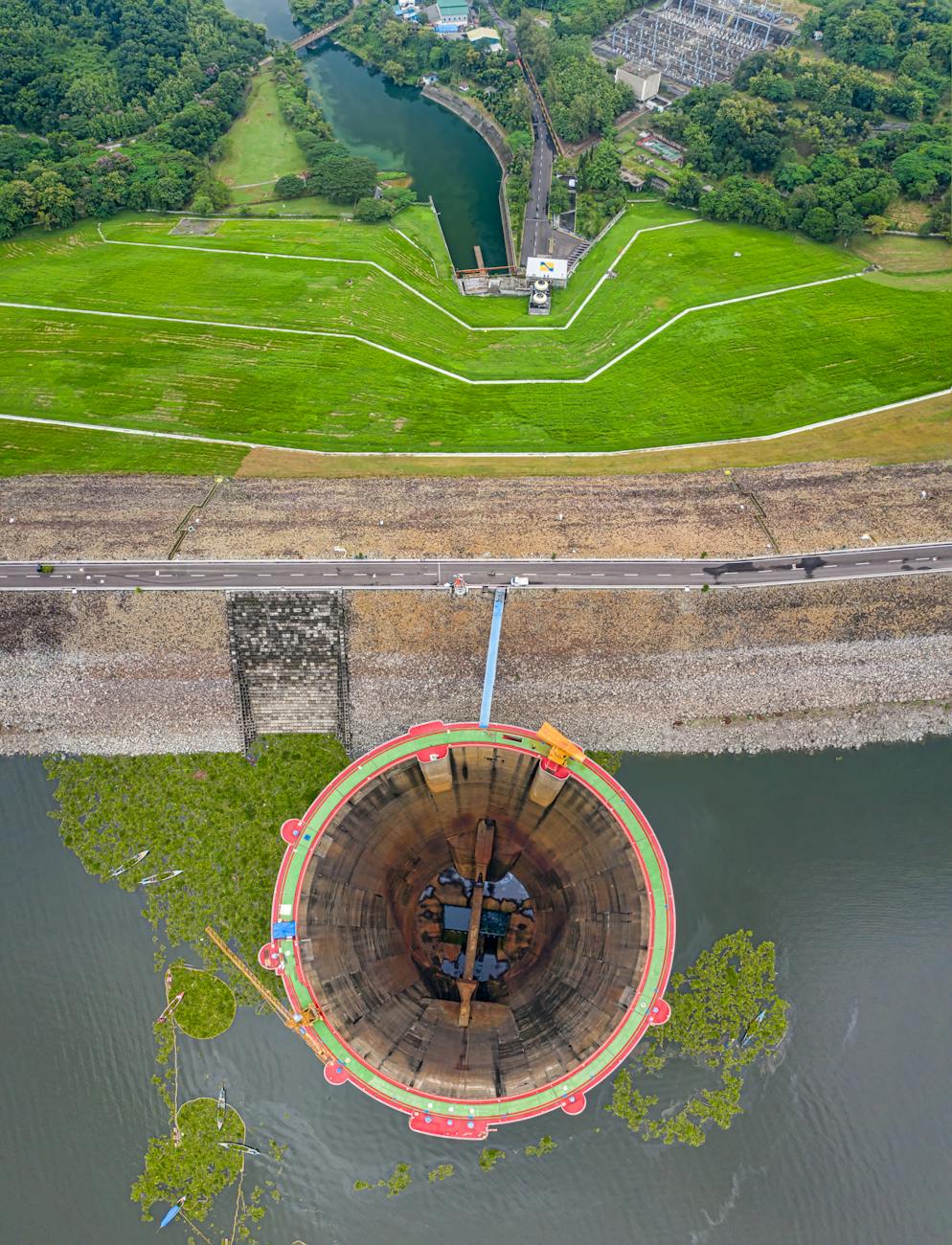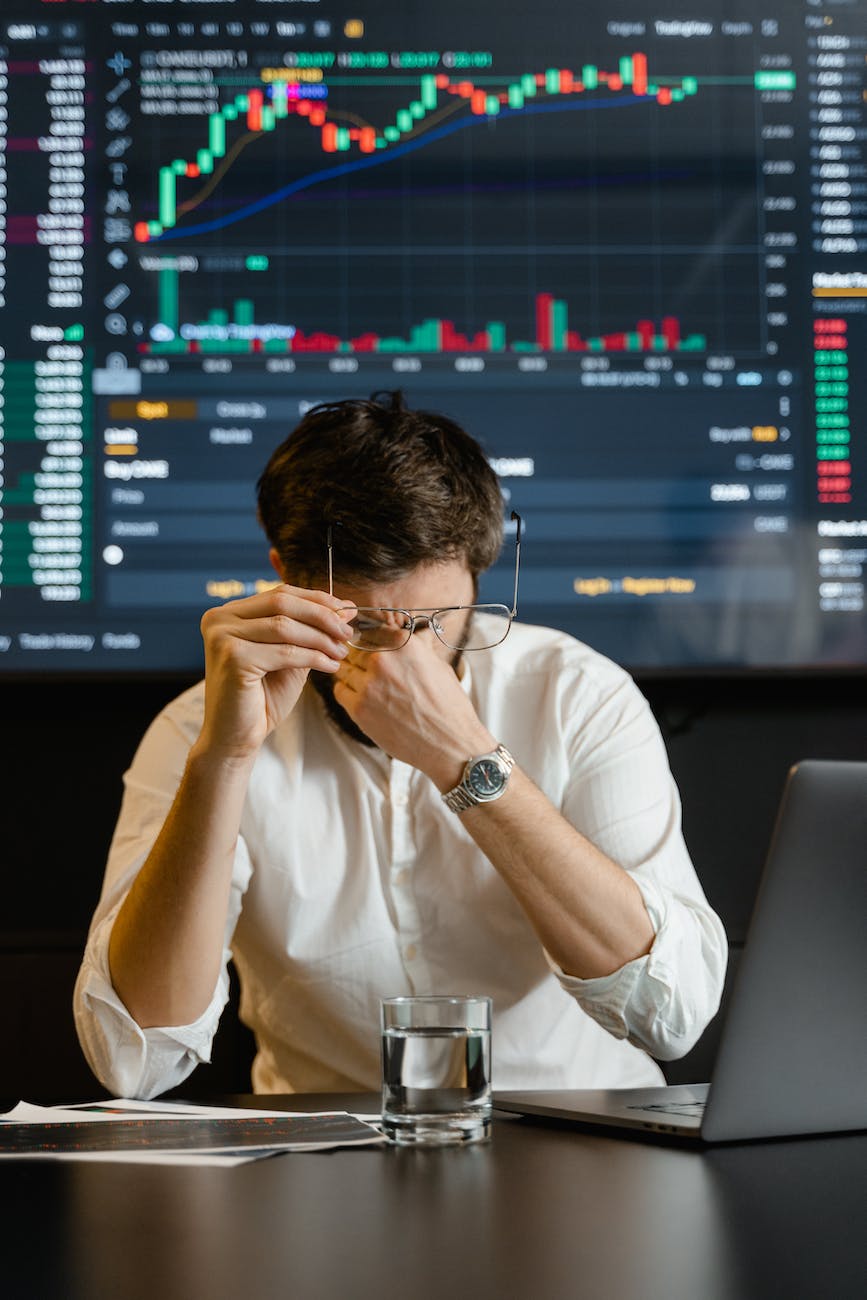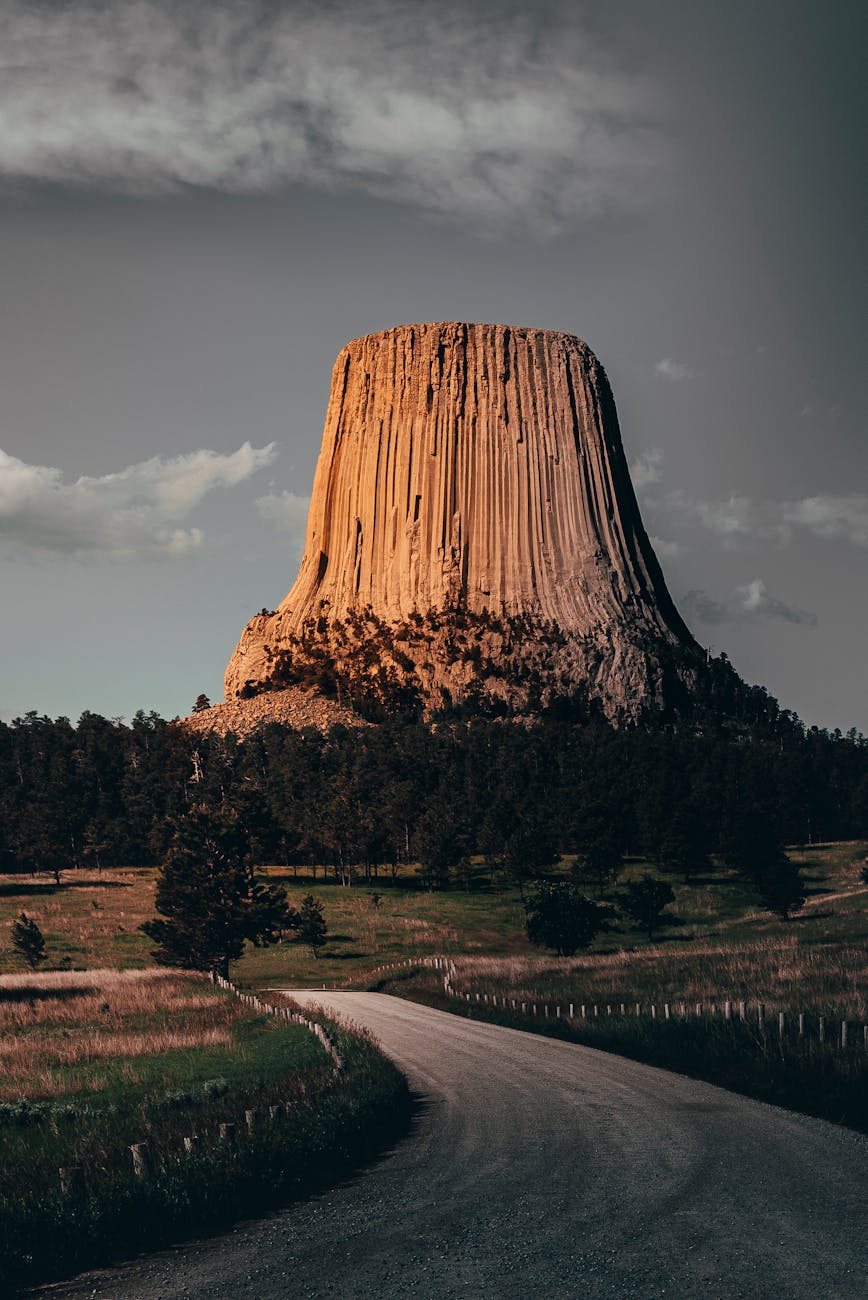November 2, 2023
In 1908, John Laing Leal, a physician, was working for the Jersey City, NJ water supply. His father had suffered from amoebic dysentery as a result of service in the Civil War and consumption of infected water. Leal had previously held various posts in public health, and had previously been responsible for eliminating privately-dug sewers along the path of the water supply. The Jersey City water supply was making people sick, despite his efforts; the city had sued the builders of the dam system as a result. A judge demanded on June 4, 1908, that the Jersey City Water Supply Company either “pay for the construction of sewers to remove contaminants from the Rockaway River watershed or create ‘other plans or devices’ which could be used instead to produce water of the required purity.”
Leal had heard of an experiment in England in which water had been chlorinated to eliminate bacteria. He decided that “other plans or devices” could include building a (cheaper-than-sewers) chlorination plant for Jersey City at the Boonton Reservoir to solve the city’s water-borne illness problem. He forged ahead, and for his pains was put on trial himself.
Fortunately for Jersey City, and the rest of the United States, the judge ruled in favor of Leal, and instead of being put in jail, he was eventually hailed as the conqueror of typhoid fever. That illness had killed over 25 Americans of every 100,000 every year prior to Leal’s innovation; as cities across the country implemented chlorination, that death rate had fallen by two-thirds by 1920, and was essentially eliminated by 1950. Hundreds of thousands of lives, at a minimum, were saved by Leal’s action.
Let us ask ourselves whether Leal would have been more, or less, likely to have escaped prison in 2023 for his innovation.
We live in an era in which trust in institutions has hit all-time lows. Demonstrably life-saving vaccines have been rejected by tens of millions of Americans, because they have decided the party of the president administering the vaccination program (though not, strangely, the party of the president who got the vaccines developed) wants to use the shots to somehow create an autocracy. Rather than put their faith in leading scientists, who after all did not predict COVID-19, and then flip-flopped on use of masks (as detailed in my forthcoming book Fatal Certainty: How a Cult of Prediction Made the Twenty-First Century an Era of Strategic Shock – and How Rigorous Imagination Could Bring Us Back), people have subscribed to ever-more elaborate, dramatic, creative, and quickly-changing explanatory frameworks for why they are being targeted by malevolent elite institutional forces.
Leal faced similar groups of people. After all, chlorine is an incredibly poisonous gas if ingested at anything other than miniscule levels. It would have been easy to create a panic in the public mood to try to bully the judge into rejecting Leal’s plan and maybe even imprisoning him.
But that didn’t happen. It was a different era. Institutions were respected. Science was the bulwark of a rising United States, and it was on the science that the judge ruled. The science showed that almost no one in Jersey City was dying as a result of the water. And the rest of the country followed Jersey City’s lead, with little controversy.
It is reminiscent of the massive upheavals the Chinese government have imposed on their people, with very little political instability to date. I would submit that this is the result of the increased (though possibly now fraying) trust of the Chinese people in their own institutions. That government, odious as it may seem to us, has taken a largely rural, impoverished population, and turned at least half of their children into first-world consumers in one generation. That creates a lot of trust, even in a dictatorship. Prosperous autocracy beats impoverished autocracy, and the institutions that deliver that prosperity may get a long leash from their subjects.
But there seems to be a lot of evidence that we in the United States are not on that sort of upswing, and the result is declining faith in, and performance of, institutions.
When you’ve had chlorinated water for a century, and no one you know has died of typhoid fever, you may get ideas. You may start to think that typhoid fever was a hoax that would-be autocrats used to inject poison into their subjects, and that we no longer need government entities to keep our water clean. From there it’s a short step to defunding those government entities, which in turn may cause people to start dying from antique diseases. Which will be blamed on – those same institutions. It’s a self-reinforcing process.
Rising nations are grateful for institutions, because they know what preceded them – death, disorder, disease. Healthy leading nations begin to take them for granted, and may start pushing them for more goods and services. But once institutions get so good at their jobs that they become invisible, things start to change. When the people don’t know how their safe food and water get to their tables, they begin to think they are being taxed too much, and begin to push back. (Obviously, in some cases, they ARE being taxed too much, and they SHOULD push back.)
But the next phase gets dangerous. The people begin to think that the government cannot do anything, and begin to assume that they should provide these services to themselves. Freeways replace mass transit, and pollution and gridlock result. Bottled water replaces tap water, and plastic fills the oceans. Home generators are bought for storm outages, and the idea of “living off the grid” emerges – even in close-in suburbs. “Farm-to-table” “locavore” food begins to be seen as superior to industrial farming – can’t have GMO crops. Home-brewed beer replaces store-bought.
There are legitimate reasons for each of these changes – at the local or household level. But a world of 8 billion people cannot survive on an artisanal approach to everything. If everyone in China and India has a car, Antarctica melts and New York disappears. When everyone has a generator, the energy grid often slides. When everyone is drinking bottled water, the water supply can be neglected. When everyone is eating local food, food costs can skyrocket. (It costs a lot more to raise and transport crops in a local truck farm than on an evil industrial scale.)
This is an often hidden cost of the decline of trust in institutions. It becomes a centrifugal force, tearing societies apart. The United States once had a faith in institutions that held the entire society together, against that centrifugal force. That faith was based on a trust that institutions and the infrastructure they provided and maintained were making people’s lives better. Now that many people’s lives were getting worse, not better, at least in their opinions, those people began to make choices that divorced them more and more from those institutions, and further weakened them. And some whose lives were definitely getting better chose to divorce themselves from shared infrastructure in order to raise their personal standards of living.
I would say that PART of this loss of trust was the result of predictions made by institutional experts and elites about things that are inherently unpredictable. When Anthony Fauci says not to use masks in February 2020, then a month later says everyone should use them, and on top of that shows irritation at people questioning his reversal, trust is eroded, and institutions are damaged, and the next time may be even worse as a result.



